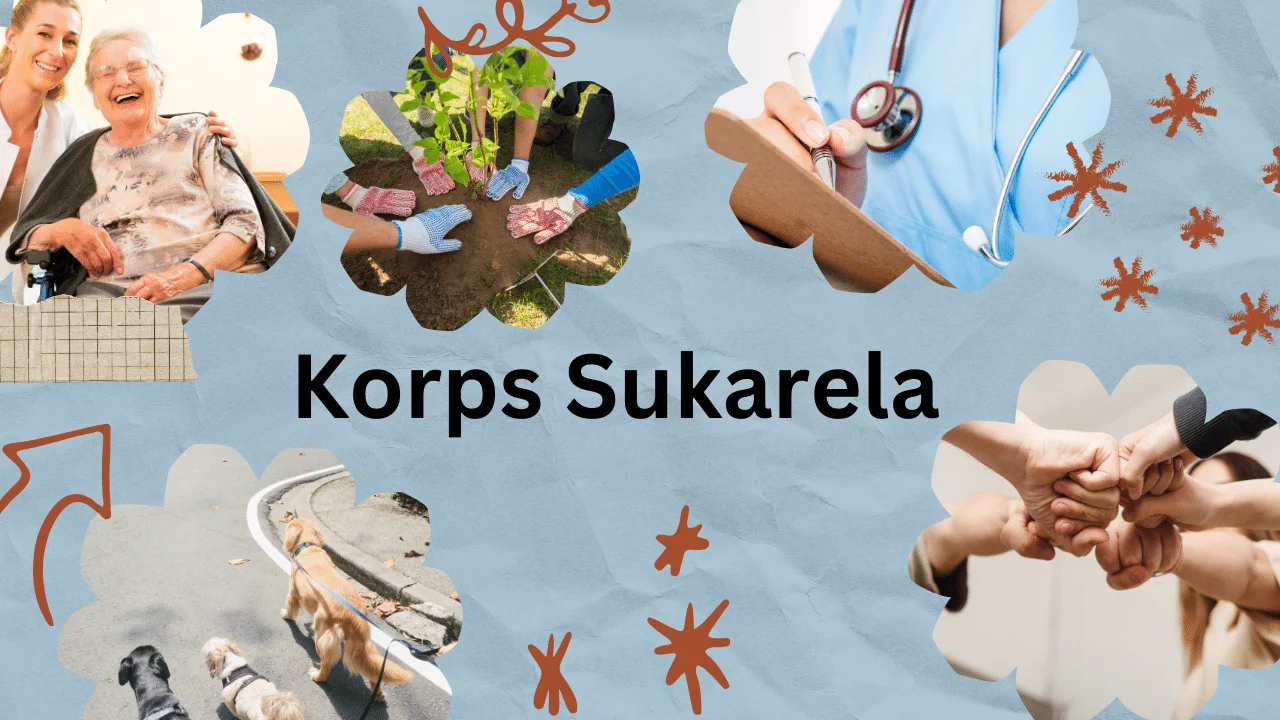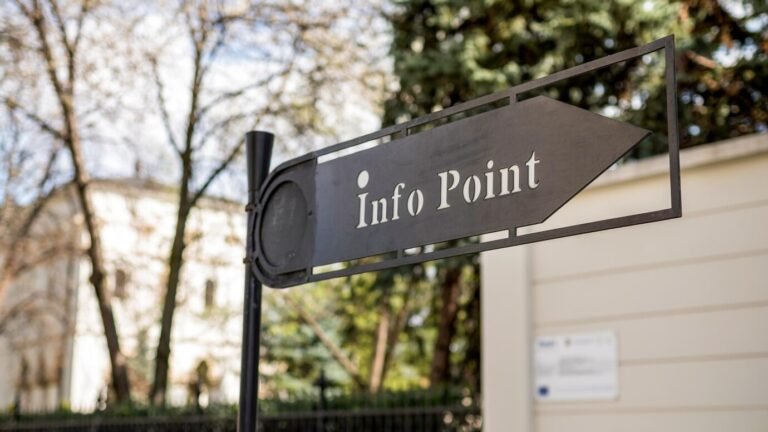Introduction
In the realm of volunteerism and community service, Korps Sukarela stands as a beacon of selflessness and solidarity. Originating from the Malay language, Korps Sukarela translates to “Volunteer Corps,” representing a diverse array of individuals who dedicate their time, skills, and efforts towards the betterment of society. This article delves into the essence of Korps Sukarela, exploring its origins, functions, and the profound impact it has on communities worldwide.
Origins of Korps Sukarela
The roots of Korps Sukarela can be traced back to various cultural and historical contexts. In many countries, the concept of volunteerism has deep cultural roots, embedded in traditions of mutual aid and communal support. However, the formalization of volunteer organizations, such as Korps Sukarela, gained prominence in the 20th century, driven by the need for organized assistance during times of crisis and societal challenges.
Functions and Objectives
Korps Sukarela encompasses a wide range of functions and objectives, all aimed at serving the community and addressing pressing social issues. These may include disaster response and relief efforts, environmental conservation initiatives, healthcare support, education programs, and community development projects. The primary goal of Korps Sukarela is to mobilize volunteers and resources effectively to make a tangible difference in the lives of individuals and communities in need.
Structure and Organization
The structure of Korps Sukarela varies depending on the region and the nature of its activities. In some cases, it operates as an independent entity, while in others, it may be affiliated with governmental agencies, non-profit organizations, or religious institutions. Regardless of its organizational form, Korps Sukarela typically consists of a network of volunteers, coordinators, and support staff, all working collaboratively to achieve common goals.
Volunteer Engagement and Recruitment
Central to the success of Korps Sukarela is its ability to engage and recruit volunteers from diverse backgrounds and skill sets. Volunteers are often drawn to Korps Sukarela by a sense of altruism, a desire to contribute to meaningful causes, or a personal connection to the issues at hand. Recruitment strategies may involve outreach campaigns, social media initiatives, and partnerships with educational institutions and community organizations.
Training and Capacity Building
To ensure that volunteers are equipped with the necessary skills and knowledge to fulfill their roles effectively, Korps Sukarela invests in training and capacity-building initiatives. These may include workshops, seminars, and hands-on practical experiences tailored to the specific needs of volunteers. Training programs not only enhance the capabilities of individual volunteers but also foster a sense of camaraderie and cohesion within the Korps Sukarela community.
Impact and Outcomes
The impact of Korps Sukarela extends far beyond the immediate beneficiaries of its services. By fostering a culture of volunteerism and social responsibility, Korps Sukarela contributes to building stronger, more resilient communities. It empowers individuals to take ownership of their collective well-being and inspires others to join the cause. Moreover, the tangible outcomes of Korps Sukarela’s efforts, whether in terms of lives saved, environments preserved, or communities uplifted, serve as a testament to the power of collective action.
Challenges and Opportunities
Despite its noble aspirations, Korps Sukarela faces a myriad of challenges in fulfilling its mission. Limited funding, logistical constraints, and bureaucratic hurdles can hinder its operations and impact. Moreover, in times of crisis, such as natural disasters or pandemics, the demand for Korps Sukarela’s services may outstrip its resources, putting strain on its volunteers and infrastructure. However, these challenges also present opportunities for innovation, collaboration, and growth, as Korps Sukarela adapts to changing circumstances and explores new avenues for impact.
Conclusion
Korps Sukarela embodies the spirit of volunteerism and community service, serving as a catalyst for positive change in societies around the world. From its humble origins to its present-day endeavors, Korps Sukarela continues to inspire individuals to lend a helping hand and make a difference where it matters most. As we navigate the complexities of the modern world, the principles of Korps Sukarela remind us of the enduring power of compassion, solidarity, and collective action in shaping a brighter future for all.













+ There are no comments
Add yours